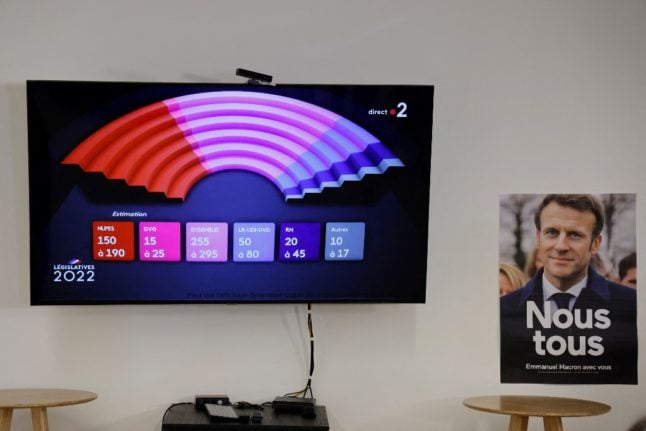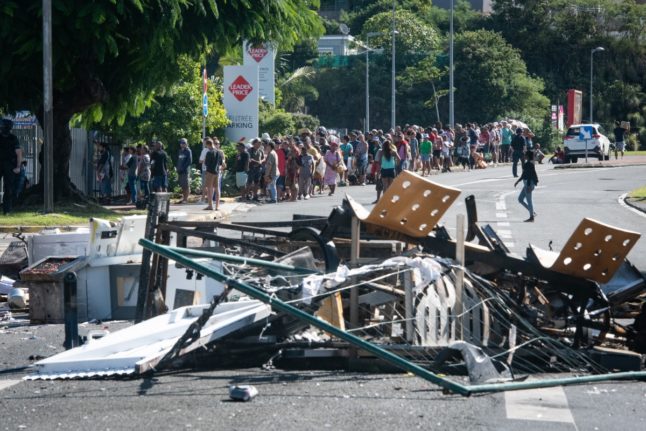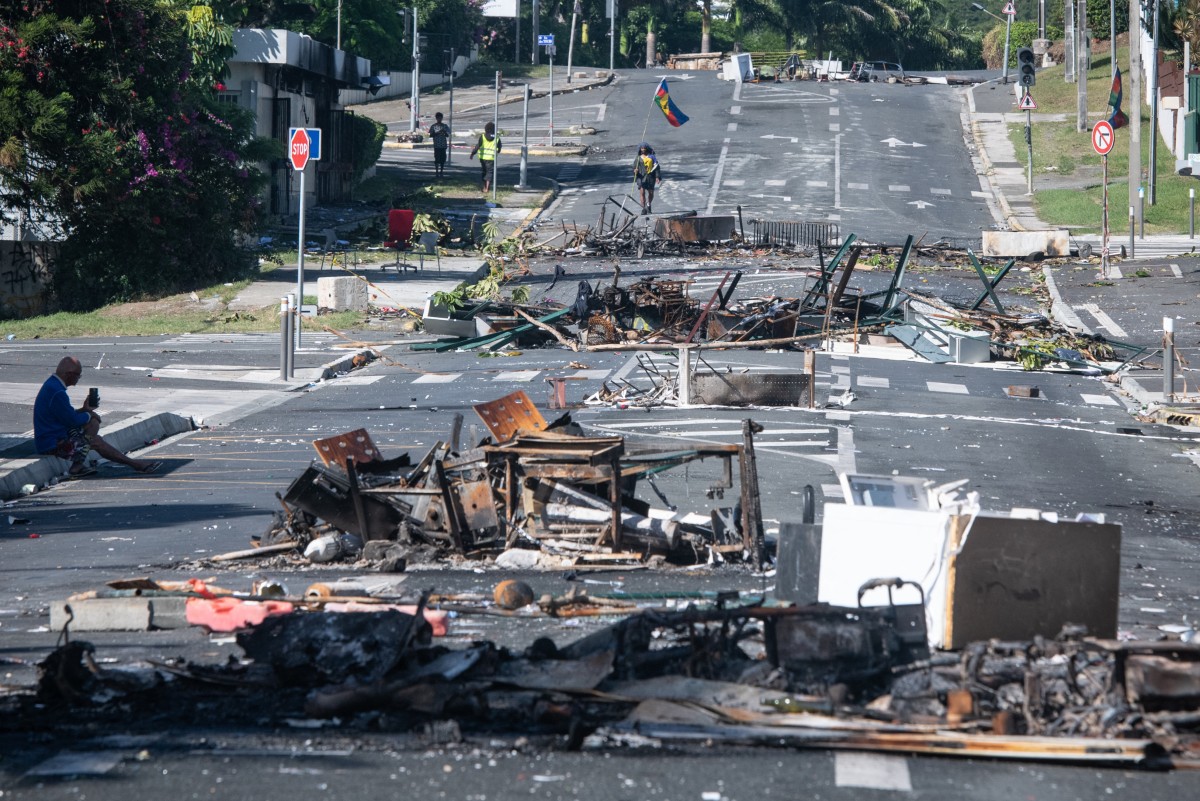Final results showed both Macron’s centrist group on 25.75 percent of the vote and the leftwing alliance Nupes (Nouvelle union populaire, écologique and sociale) on 25.66 percent.
Projections from pollsters predict that Macron’s group will gain the highest number of seats in the parliament, but could lose his majority – although the seat numbers will not be known until after the second round on June 19th.
🇫🇷🗳️ Projection @IpsosFrance
des résultats en sièges de ces #legislatives2022 :🟠Ensemble 255-295 sièges
🔴NUPES 150-190 sièges
🔵LR/UDI/DVD 50-80 sièges
⚫️RN 20-45 sièges
🟣Divers gauche 15-25 sièges
⚪️Autres 10-17 sièges— mathieu gallard (@mathieugallard) June 12, 2022
His Ensemble (Together) alliance was projected by three firms to win between 260 and 310 seats in the second round of voting on June 19th, with Nupes finishing second, for a projected 150 to 220 seats.
Macron would need to secure at least 289 seats to have a majority for pushing through legislation during his second five-year term.
The Sunday poll was the first round of voting, with constituencies where no candidate has received an absolute majority holding a second round of voting next Sunday, where the electorate picks between the highest scoring candidates.
Macron needs a majority in the French parliament in order to continue his programme of reforms over the next five years, but if his Ensemble group does not gain an absolute majority, he and his Prime Minister Elisabeth Borne can still attempt to put together an alliance of other parties.
OPINION France has too many elections and it’s killing politics
Nupes is a new alliance between the hard-left La France Insoumise, the centre-left Parti Socialiste, the green and the Communists, headed by third-placed presidential candidate Jean-Luc Mélenchon. Ensemble, meanwhile, comprises Macron’s La République en Marche party plus centrists MoDem and Horizon – the new party created by former PM Edouard Philippe.
The turnout level was headed towards a record low, with just 48 percent of registered voters reported to have turned out.
The far-right Rassemblement National headed by Marine Le Pen, who lost to Macron in the presidential vote in April, finished in third place with 18.68 percent, which could result in 10 to 45 seats, according to the projections.
The former education minister Jean-Michel Blanquer was eliminated in the first round in his constituency of Loiret (Orléans) but the Disabilities minister Damien Abad, who has been at the centre of a storm since he was accused of rape by two women, qualified in first position in Ain, north east France.
In total 15 of the the 28 government ministers are standing in these elections – including the Prime Minister Elisabeth Borne – and Macron has said that anyone who fails to be elected is expected to step down from their ministerial role.
All members of the government have progressed to the second round, although some of them – including Europe minister Clément Beaune and environment minister Amelie de Montchalin – are now in a vulnerable position after finishing in second place.
Eric Zemmour, the extreme right TV pundit turned presidential candidate, was eliminated in the first round in his constituency in Var, southern France.




 Please whitelist us to continue reading.
Please whitelist us to continue reading.
Member comments